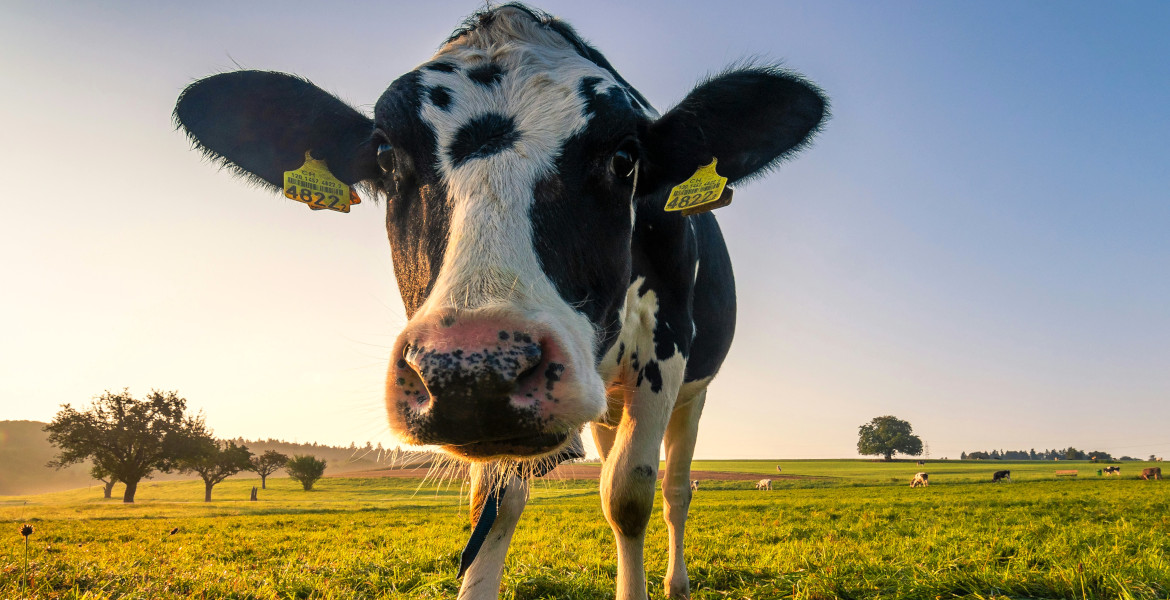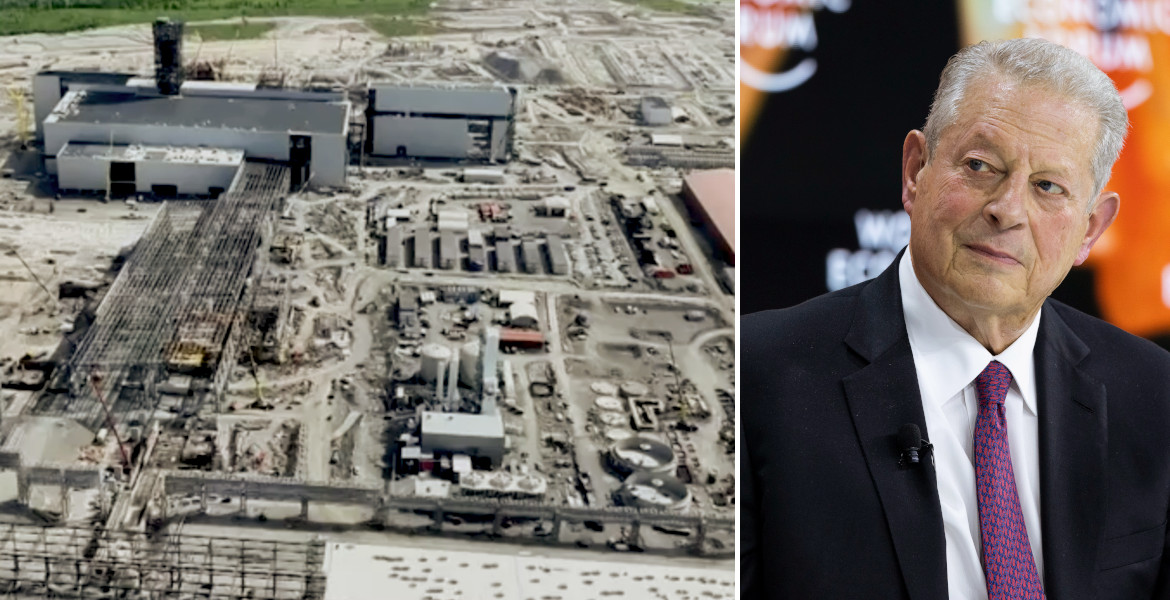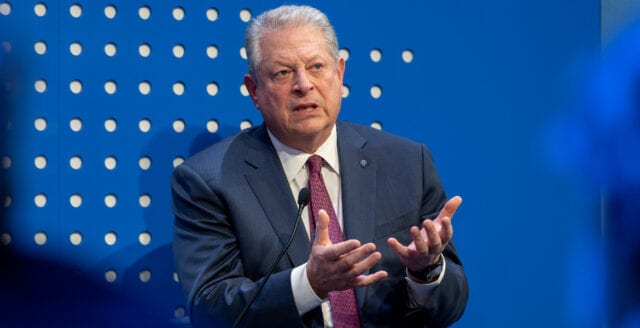Further research will be carried out on the highly controversial feed additive bovaer, researchers at Aarhus University in Denmark have confirmed. The decision is based on the widespread criticism of the methane-reducing additive.
From the beginning of the year, all Danish dairy farms with more than 50 cows must use methane-reducing supplements in their feed. This can be done by adding more fat to the feed or by using the new supplement bovaer for 80 days per year. Swedish Arla has recently faced harsh criticism for its use of bovaer, with many calling for a boycott of the company.
The decision has been welcomed by some dairy farmers, but also faced strong criticism, especially against the bovaer, from, among others, the Danish Dyrenes Beskyttelse.
– We don't know how it will affect them in the long term. At the same time, cows risk being locked up in stables all year round because the effect of the substance is more uncertain when they go to pasture, the organization states.
"Focus on animal welfare"
Earlier this week, Danish farmers also protested against, among other things, climate taxes, but also the compulsion to use bovaer for their cows.
Due to the widespread criticism, more research is being planned on the impact of bovaer on the health of cows, as well as on the milk and meat of the animals that receive the supplement.
– In the trials we have done so far, the focus has been on the effect on methane, feed intake and milk yield. Therefore, we will focus on animal welfare in the trials we will do in the new year, and we also need new research that provides a better understanding of what happens in the cow's rumen when we use Bovaer and other effective methane-reduced feed additives, he tells Danish tjekdet.





